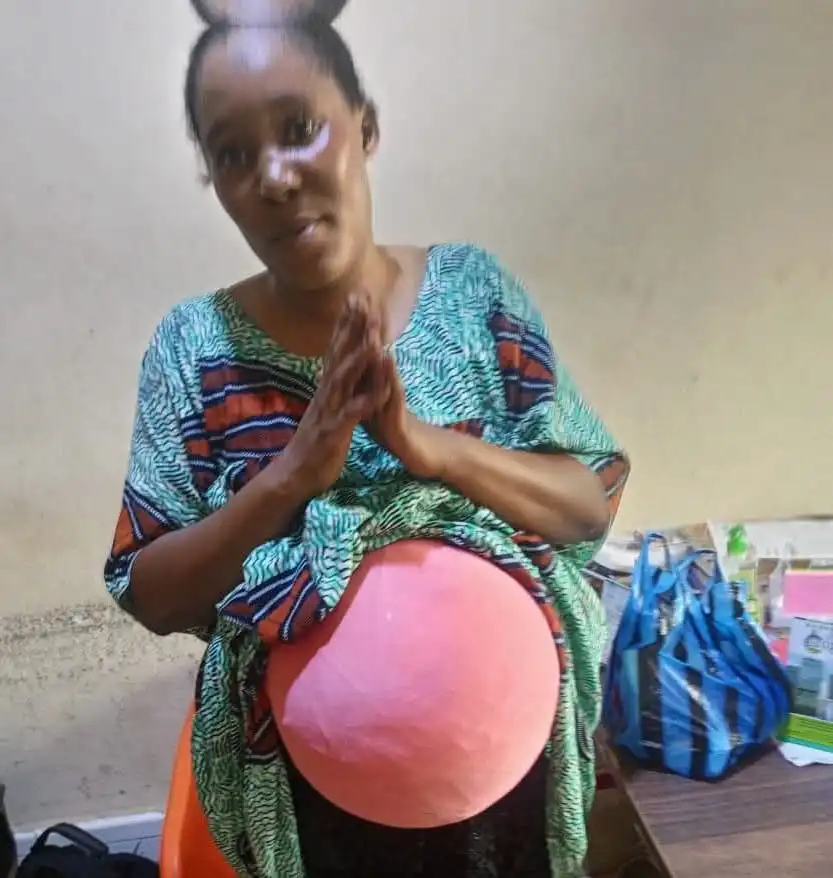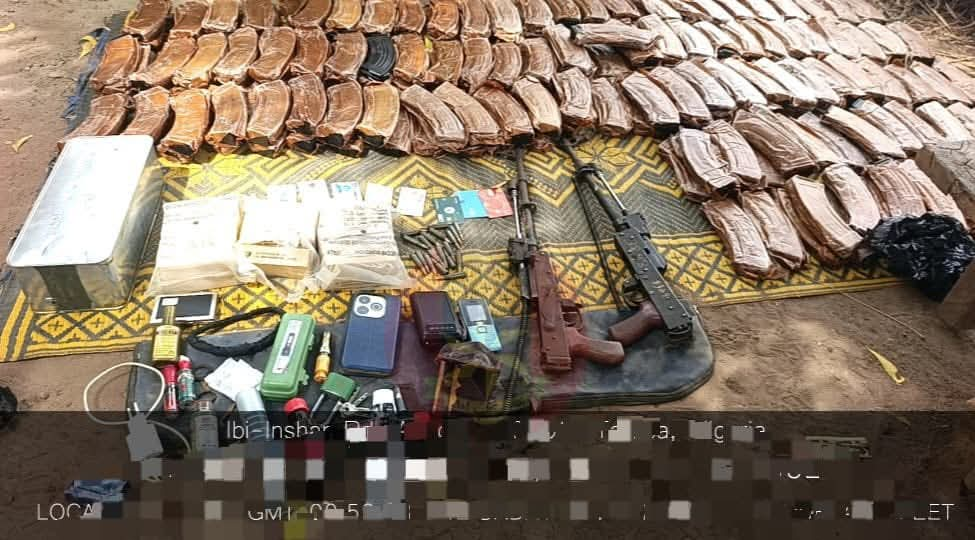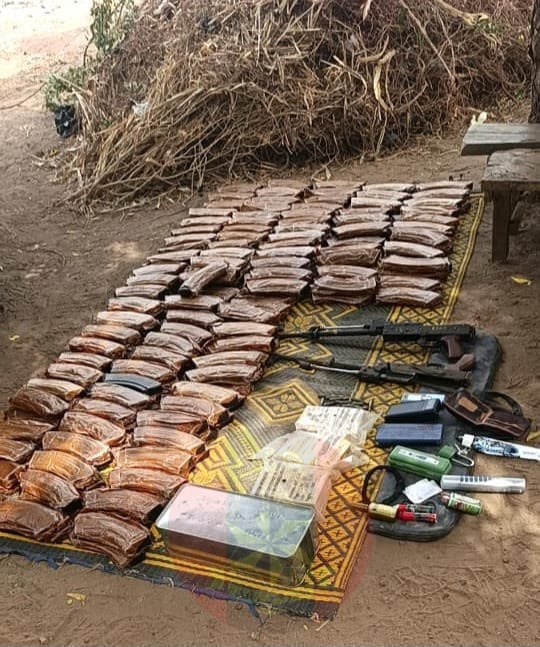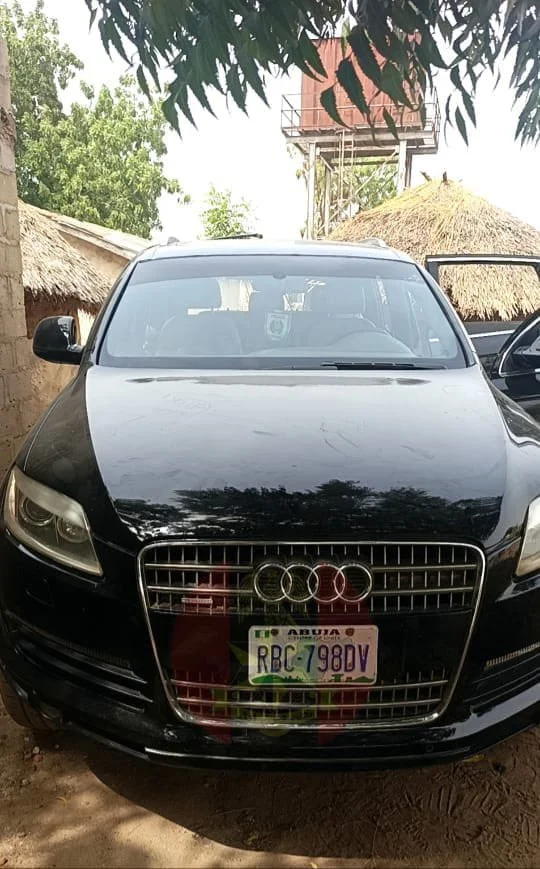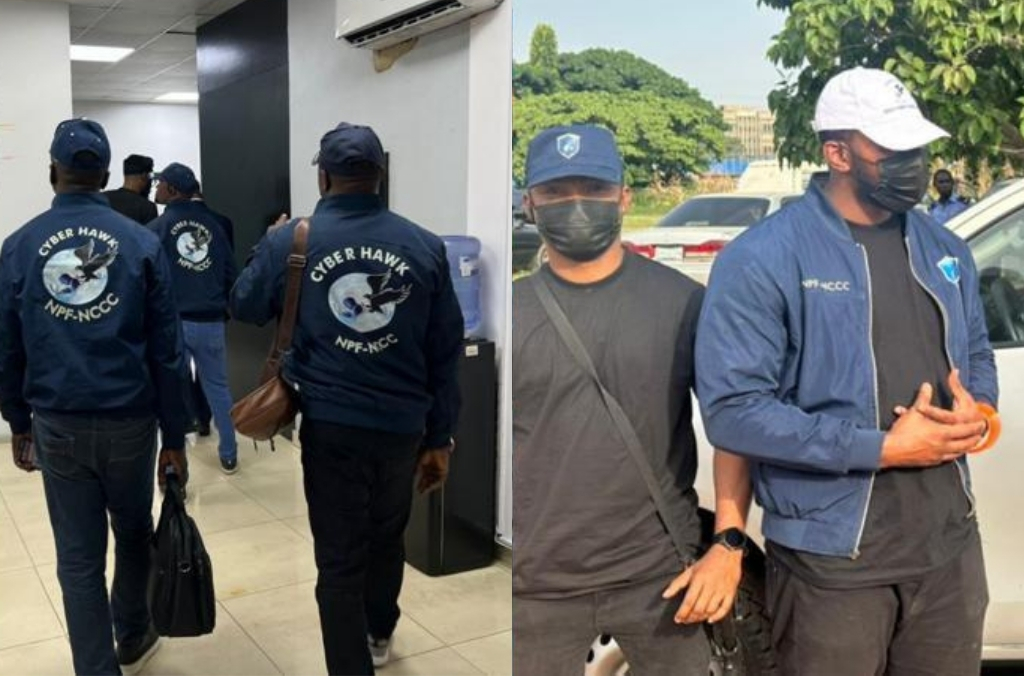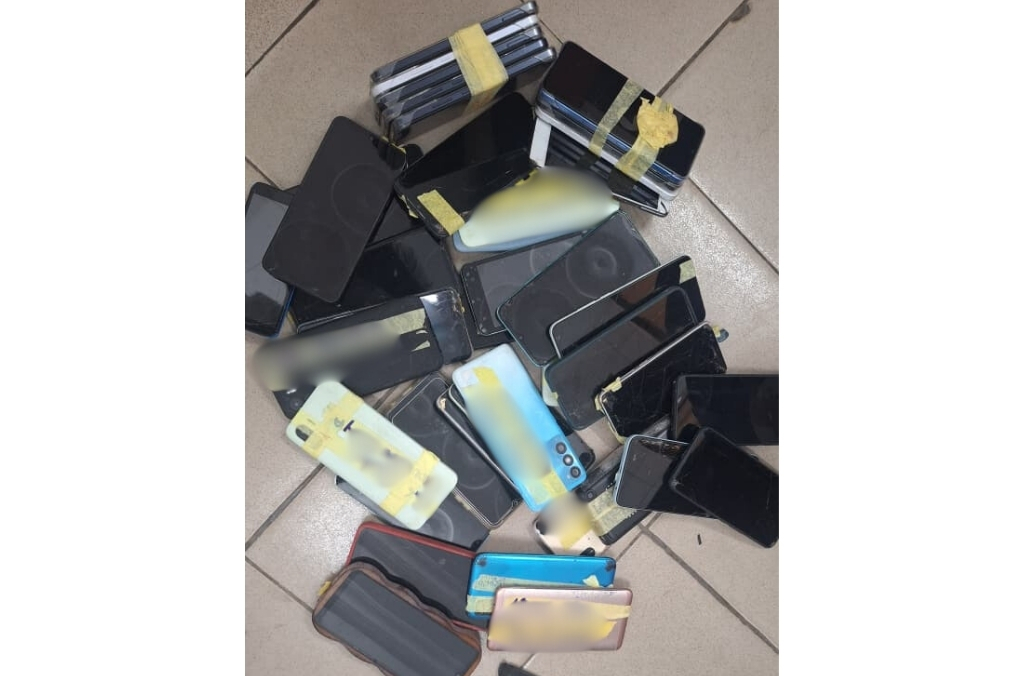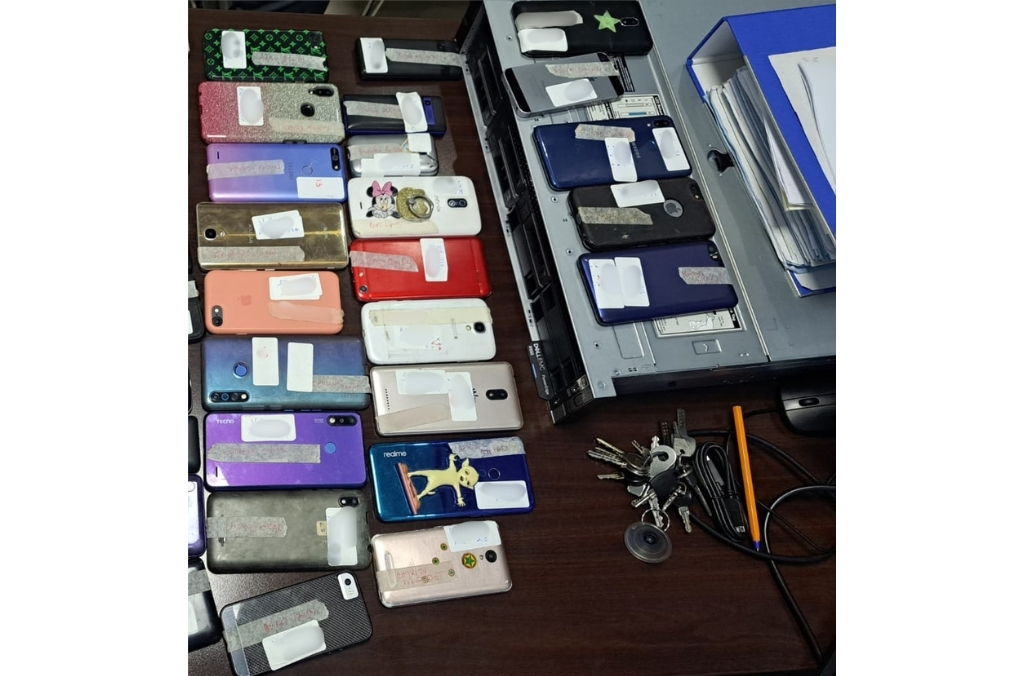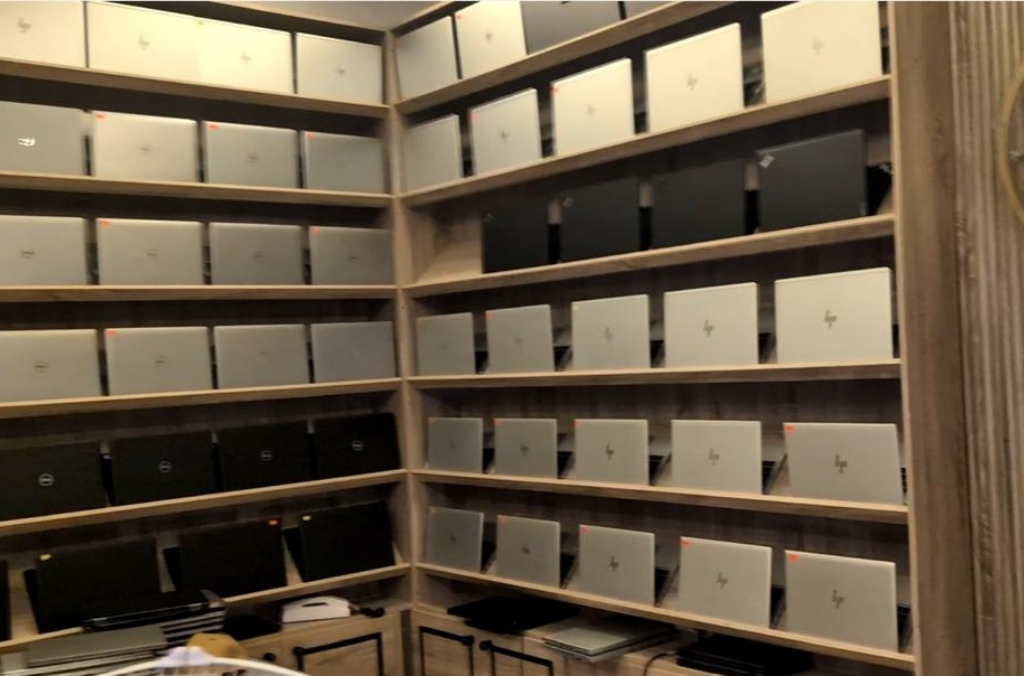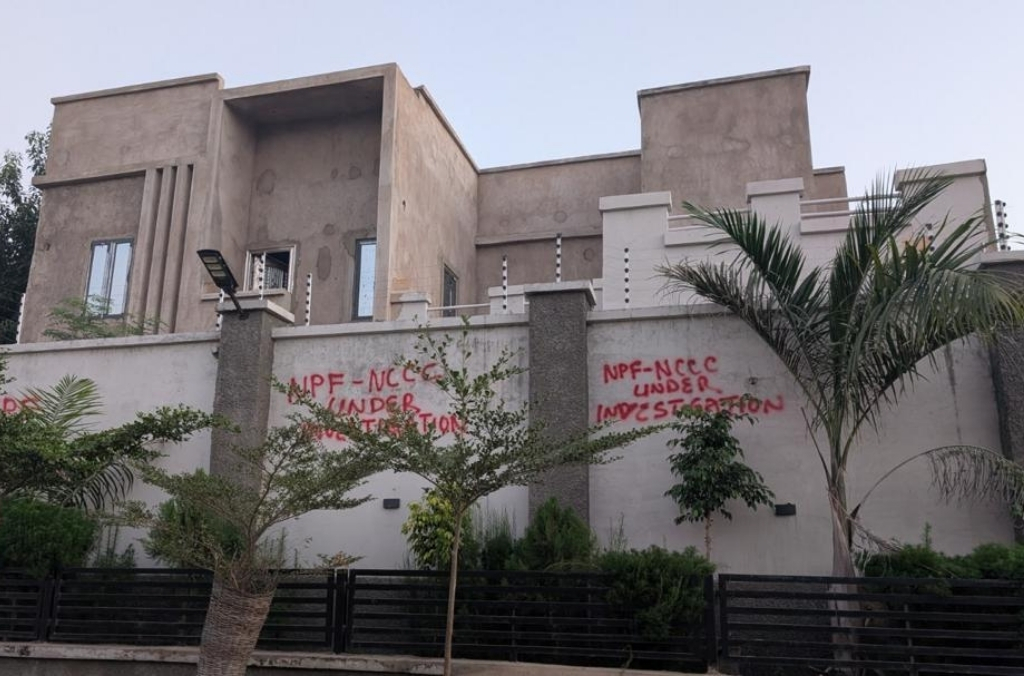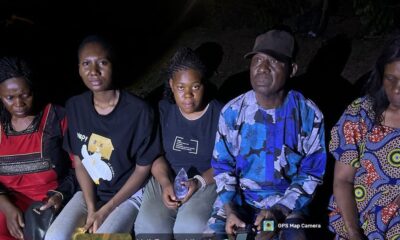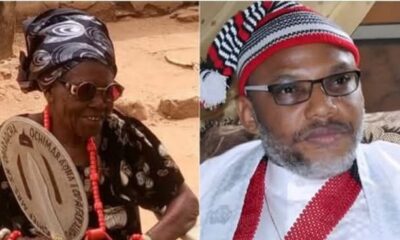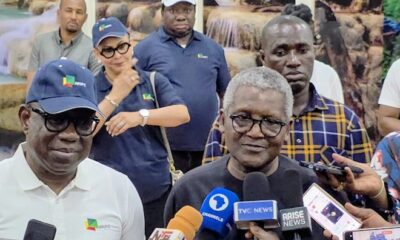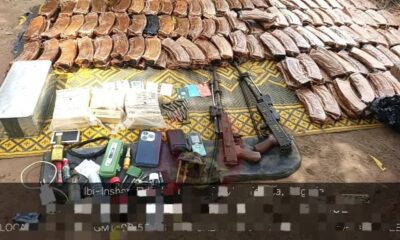Executive Chairman of the Economic and Financial Crimes Commission, Ola Olukoyede, has warned Nigerian lawyers against aiding money laundering and other financial crimes, describing such conduct as unethical and detrimental to the country’s fight against corruption.
Speaking at the Canada-Nigeria Legal exchange at the International Bar Association conference held at the Intercontinental Toronto Centre on Monday, Olukoyede said the EFCC had prosecuted several senior lawyers found complicit in laundering illicit funds for corrupt officials.
He said, “Equally disturbing is the disposition of some in our ranks who have become complicit in money laundering by schooling corrupt Nigerian officials to launder ill-got wealth abroad.
“The Commission has had cause to prosecute very senior lawyers for being accessory to money laundering.”
“We cannot, in one breath, bemoan corruption in our nation and, in another, make our skills available to the corrupt to pillage our common patrimony. Is there no ethics or conscience in practice?” he queried.
The EFCC chairman urged members of the Nigerian diaspora, particularly lawyers in Canada, to play an active role in helping Nigeria overcome its corruption challenge by remaining vigilant and reporting suspicious transactions.
He said, “The diaspora community, especially members of the bar, have crucial roles to play in helping Nigeria overcome the corruption challenge.
“For those of you in Canada, I recommend vigilance. The increasing number of Nigerians migrating to this country points ominously to Canada emerging as another axis for the laundering of ill-got wealth from Nigeria. You will help us prevent this by providing information to law enforcement agencies,” he added.
Olukoyede emphasised that corruption thrives not only through public officials but also through the complicity of professionals who facilitate the movement or concealment of illicit funds.
He said the EFCC would continue to uphold integrity within the legal and financial systems while deepening collaboration with international partners to trace and recover stolen assets.
Olukoyede also disclosed that the anti-graft agency secured 7,503 convictions and recovered N566.3 bn, $411.6 m, and 1,502 properties in the last two years.
Speaking as the special guest of honour, he highlighted the EFCC’s sweeping institutional reforms, renewed emphasis on transparency, and collaborative strides with international law enforcement bodies.
Olukoyede said his tenure as EFCC chairman had been anchored on using the anti-corruption fight to stimulate economic development, enhancing Nigeria’s global reputation, and entrenching accountability across government institutions.
“In all modesty, I came into the job fully conscious of what needs to be done to change the narratives as far as the fight against corruption in our nation is concerned,” he said.
“I consider the anti-corruption fight not as a vocation but as a tool to drive economic growth.”
He revealed that the EFCC has introduced key institutional reforms, including new policies on gift handling, exhibit room security, and sting operations, as well as a restructured bail process to prevent its misuse.
He added that the agency also established several new departments and units, such as the Department of Ethics and Integrity, Fraud Risk Assessment and Control, Digital Transformation and Innovation Unit, International Asset Tracing and Recovery Unit, and a Visa and Migration Fraud Section.
“I also declared my assets upon assuming office and directed all EFCC staff to do the same, and erring officers have been disciplined or dismissed to preserve the agency’s integrity,” he said.
Olukoyede announced that some of the recovered funds, N100bn, have been channelled into national social investment programmes such as the Students Loan Scheme and the Consumer Credit Scheme.
“Agencies like the NDDC, AMCON, FIRS, and the National Health Insurance Authority have also benefited from EFCC’s recovered funds,” he stated.
The EFCC boss cited landmark property recoveries, including 753 duplexes in Lokogoma, Abuja, and Nok University in Kaduna State, which have since been converted to the Federal University of Applied Sciences, Kachia.
On the economic front, Olukoyede said the Commission’s Task Force on Naira Abuse and Dollarisation has supported the Central Bank’s efforts to stabilise the naira by curbing currency racketeering and speculative trading.
He also revealed that EFCC’s cybercrime operations led to the arrest of 792 members of a major foreign-controlled syndicate involved in cryptocurrency and romance scams, with 192 foreign nationals prosecuted and deported.
To redirect youth innovation away from internet fraud, he announced that there has been the creation of a Cybercrime Research Centre within the new EFCC Academy in Abuja, alongside a 24/7 Cybercrime Rapid Response Centre for real-time enforcement.
Olukoyede highlighted the EFCC’s growing international profile, marked by visits from former FBI Director Christopher Wray and UK NCA Director-General Graeme Biggar, and by new partnerships with the Korean Police, Royal Canadian Mounted Police, Spanish Police, and German Police.
He said the Commission had returned assets to fraud victims in Spain, Canada, and the United States, further cementing its credibility abroad.
At the regional level, Olukoyede noted that Nigeria, through the EFCC, now leads the Network of National Anti-Corruption Institutions in West Africa, where he was recently re-elected chairman for another two-year term.
He also credited the EFCC’s Special Control Unit Against Money Laundering for playing a “critical role” in getting Nigeria removed from the FATF Grey List.
In his closing remarks, the EFCC boss urged the diaspora community to safeguard Nigeria’s image abroad, noting that the country’s reputation must not be tarnished by the actions of a few dishonest individuals.
“Ultimately, we must work together to ensure that the good reputation which our country currently enjoys in your host country is not tarnished by the actions of a thieving few,” he said.
“Only we can build a nation that the rest of the world will respect. No one else will do that for us.”
Despite the challenges confronting the anti-corruption fight, Olukoyede expressed optimism about Nigeria’s future, reaffirming his belief that the nation will achieve greatness.
“Despite the challenge, I still see Nigeria achieving greatness,” he said.
punch.ng
FOLLOW US ON:



